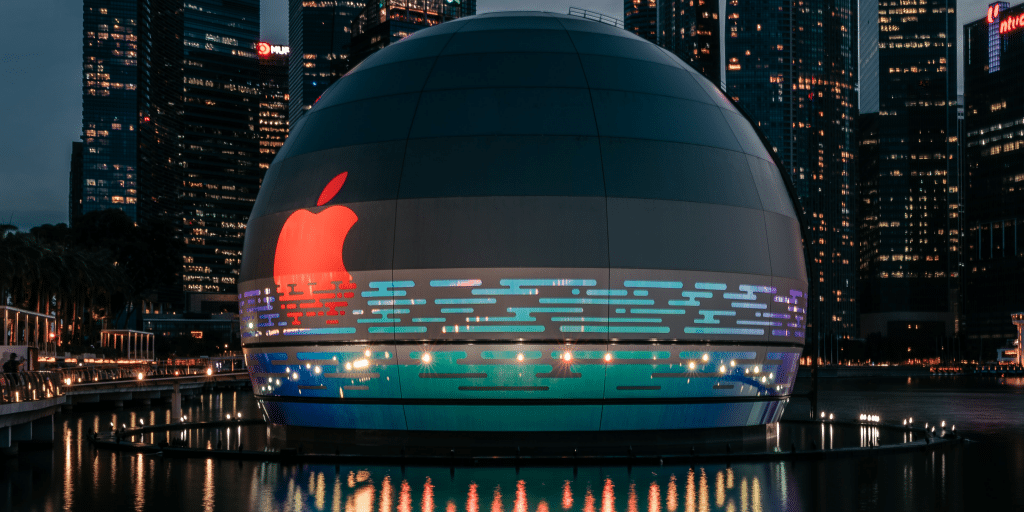2021 has been a big year for Apple, and aside from new software and hardware announcements, it would be hard not to think about Apple’s walled garden.
The company has infamously been tough on offering access to its services outside of Apple devices and also making it hard for companies to go against its strict code of practice and marketplaces.
This year changed a great deal, and though Epic Games’ battle with Apple undoubtedly played a role Apple has been lowering its walls in other ways. Apple TV+, for example, has seen Apple launch dedicated applications for televisions, games consoles, and more, and recently the firm has begun offering support for Apple Music and Podcasts on rival smart speakers.
As Apple looks to move away from its reliance on hardware towards more software, it’s clear that these barriers are being lowered to help Apple access a wider audience and loosen the strings on its tightly-controlled ecosystem on its own terms. Indeed, earlier in the year, Apple said it would open up FaceTime to non-Apple users for the first time. Android and Windows users can be invited to FaceTime calls, and though it’s great to see Apple offering such features, it will ultimately encourage non-Apple users to switch to an iPhone in the future.
In perhaps one of the most surprising moves of the year, Apple confirmed in November that it would soon allow users to fix their own iPhones and Macs. Apple will provide parts, tools and manuals to those who feel comfortable repairing their own devices. The move was justifiably hailed as a major victory for the “right to repair” movement, and though some would say that the new scheme is nothing more than a PR stunt, it’s yet another sign that Apple is retreating on some of its often-criticized policies and making itself better for users.
Are you pleased with Apple’s decisions? Let us know and check back soon for the latest!
